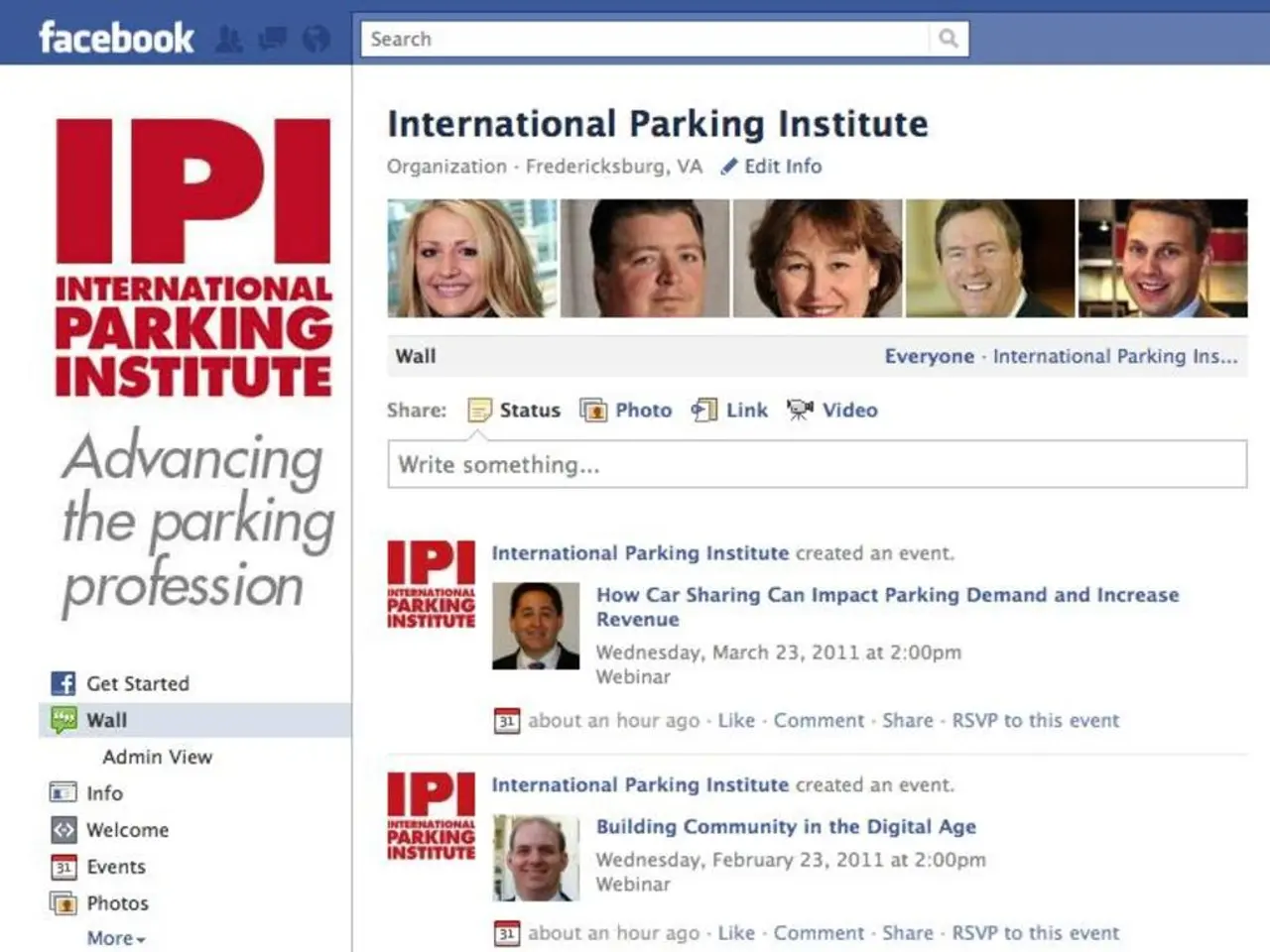Modern dating has seen a shift away from traditional gender roles.
In the realm of modern dating, traditional roles are being redefined, giving way to more egalitarian and fluid interactions. This shift, driven by societal movements towards gender equality, has profoundly impacted romantic partnerships, though not without challenges.
Historically, dating roles were gendered, with men typically as initiators and providers, and women as receptive and nurturing. Today, relationships are moving towards equality, with shared responsibilities and joint decision-making becoming the norm. This change fosters partnerships where both individuals contribute emotionally, financially, and domestically, creating a more balanced and harmonious dynamic.
However, the journey towards this new normal is not without its hurdles. Many people experience societal pressure and internal conflict as they navigate evolving expectations. Resistance to change and a lack of non-traditional role models make redefining roles difficult for some, leading to tension and uncertainty in romantic dynamics.
Among younger generations, such as Gen Z, political and ideological differences between men and women are creating complex dating environments. Significant gendered political divides correlate with increased dating difficulties, declining sexual activity, and growing skepticism about traditional romantic relationships or long-term commitments. This may partly explain why dating apps are less popular among heterosexual Gen Z users and why fewer young people engage in sexual or romantic encounters compared to previous generations.
In this shifting landscape, men are increasingly embracing roles once considered feminine, such as emotional nurturing and caregiving. This reflects a broader breakdown of strict gender roles in partnerships and alters traditional power dynamics.
Research indicates that mating strategies still influence how men and women approach dating. For instance, women's creativity and dating preferences are influenced by cues about a partner's commitment level, showing complex, sometimes counterintuitive psychological effects in mate selection shaped by evolutionary factors.
Despite a desire for more authentic in-person dating experiences, many young people find dating stressful due to prior reliance on apps, pandemic-related social disruptions, and toxic influences that worsen the dating climate.
The intersectionality of gender roles cannot be overlooked, with non-binary and gender-fluid individuals carving out spaces within the dating landscape. Modern couples are more likely to engage in collaborative decision-making regarding finances and household responsibilities, challenging longstanding stereotypes that dictate how men and women should behave.
Modern romantic partnerships are encouraged to promote both partners' aspirations, with men increasingly participating in domestic responsibilities. The notion that men must be the primary breadwinners is becoming obsolete, as women's increasing participation in the workforce reshapes the dynamics of relationships.
In conclusion, modern dating and romantic partnerships are deeply influenced by the ongoing redefinition of gender roles, with more egalitarian ideals gaining ground but many individuals facing social, psychological, and political challenges in adapting to these shifts. The landscape is thus marked by complexity, with traditional norms coexisting and sometimes conflicting with emergent, more fluid expectations. The future of dating promises to be more vibrant and diverse, paving the way for healthier and more fulfilling romantic relationships.
[1] https://www.psychologytoday.com/us/blog/modern-romance/201908/the-evolution-dating-and-relationships [2] https://www.sciencedirect.com/science/article/pii/S0191886919303883 [3] https://www.psychologytoday.com/us/blog/modern-romance/201908/the-evolution-dating-and-relationships [4] https://www.sciencedirect.com/science/article/pii/S0191886919303883 [5] https://www.sciencedirect.com/science/article/pii/S0191886919303883
- In current relationships, couples are aiming for a balance of trust, communication, and emotional support, with both partners taking on shared responsibilities.
- The evolving dating landscape has led to a shift in societal expectations, resulting in individuals striving for personal growth and self-development in their relationships.
- As relationships become more egalitarian, some people may find it challenging to navigate the changing dynamics, as they struggle with internal conflicts and societal pressures.
- Gen Z couples are experiencing dating challenges due to significant ideological differences between men and women, which can lead to complicated romantic relationships and decreased trust in traditional commitments.
- As gender roles continue to be redefined, men are adopting once masculine roles such as emotional nurturing and caregiving within partnerships, altering power dynamics and fostering more intimate connections.
- Modern research on mating strategies suggests that there are complex, sometimes counterintuitive psychological effects in mate selection, driven by evolutionary factors, influencing both women's creativity and dating preferences.




